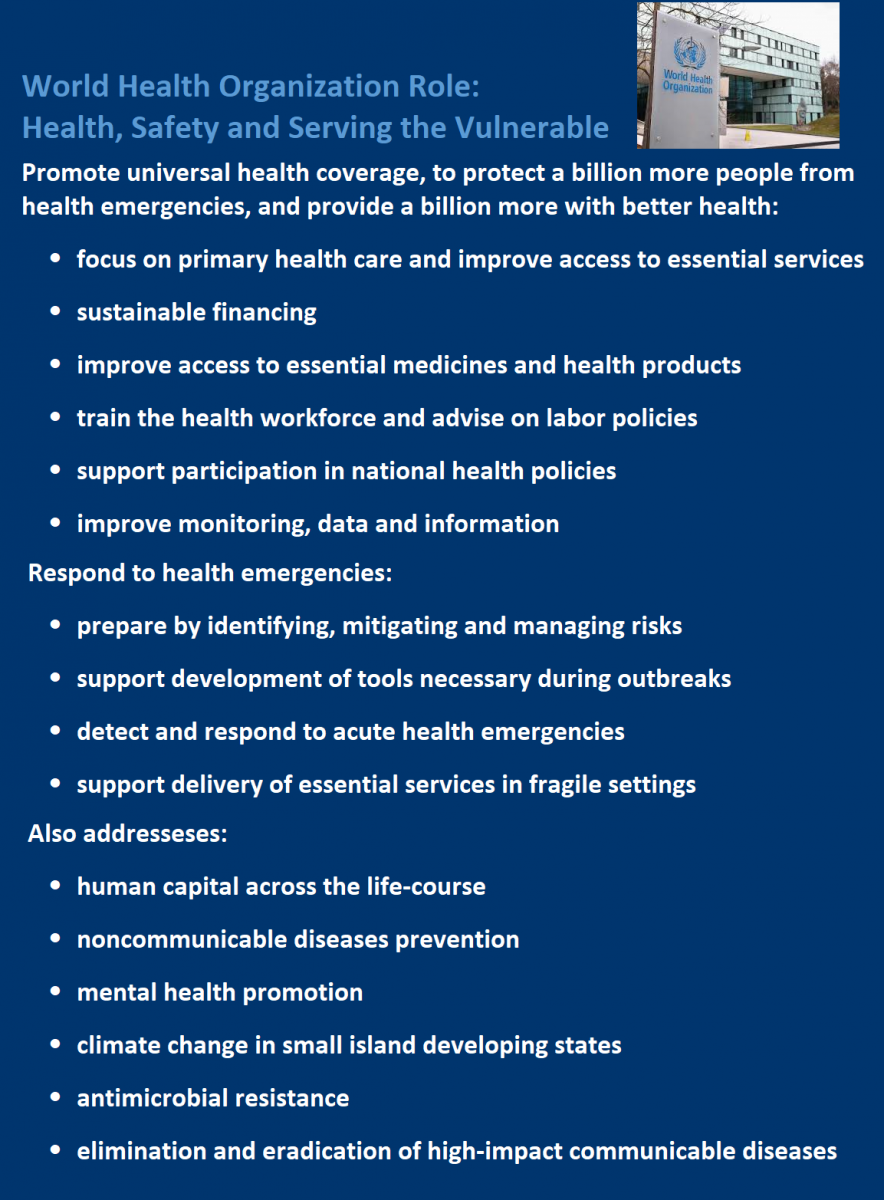Coronavirus and the Ego Trap: DW
The coronavirus struck China in late 2019, paralyzing the economy by January. Few leaders in the West expected the virus to disrupt their operations, and many citizens followed that lead in resisting social distancing or empathy for the vulnerable. Arrogance, egotism and possibly greed are factors, suggests Frank Hofmann for Deutsche Welle. He refers to the US and Brazilian presidents who played down the risk before imposing restrictions. Closing borders made matters worse, Hofmann suggests, forcing crowds in airports and blocking needed medical supplies, food and labor. Also, a flawed health system in any one nation quickly imposes risk for other nations. “Nationalists and populists throughout the world have long been pursuing a policy of discrediting the work of the United Nations, especially its refugee agencies,” notes Hofmann, adding that the World Health Organization has been instrumental in coordinating research, data, and best practices on testing and treatment. Such programs, Hofmann concludes, along with the global efforts of multinational organizations, companies, universities and foundations, as “the alternative draft to the policy of national isolation and the politics of selfishness.” National leaders must join the global effort to combat COVID-19. – YaleGlobal
Coronavirus and the Ego Trap: DW
Individual countries trying to go it alone in the fight against COVID-19 is counterproductive, and evidence suggests the solution rests in cooperation
Tuesday, March 24, 2020
Read the article from Deutsche Welle about the need for global cooperation in fighting COVID-19.
Frank Hofmann is a correspondent for Deutsche Welle.

Deutsche Welle
© 2020 Deutsche Welle